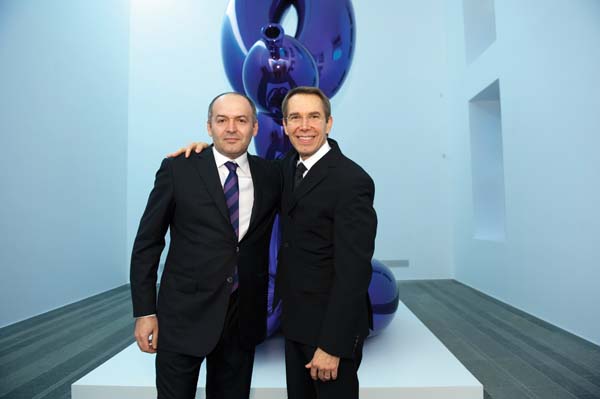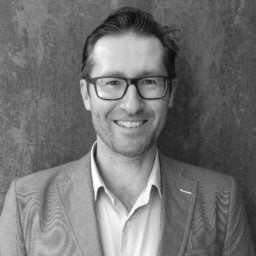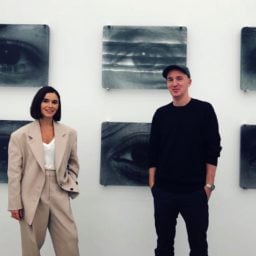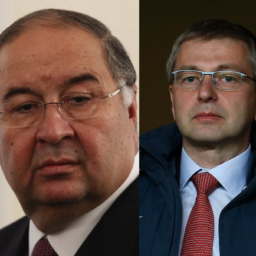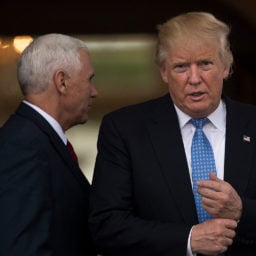It may have looked like a great deal at the time: $150,000 for a 21-minute video address by Donald Trump sent to a conference organized by his friend, the Ukrainian billionaire art collector and steel magnate Victor Pinchuk. But Pinchuk’s especially generous “honorarium” to the Trump Foundation in September 2015 for the video appearance that month is now being scrutinized by special counsel Robert Mueller as he investigates alleged foreign influence on the US presidential election.
Marcus S. Owens, a former head of the Internal Revenue Service division that oversees tax-exempt organizations, told the New York Times that the donation was “an unusual amount of money for such a short speech.” Owens added that it “looks like an effort to buy influence.” Trump has repeatedly denounced the investigation as a “witch hunt.”
The Victor Pinchuk Foundation has responded by pointing out that in late 2015, Trump was among a number of candidates to be the Republican nominee. In the video, Trump began his short speech by declaring: “Victor I have known for a long time and he is a tremendous guy, a tremendous guy,” before stating that Ukraine has not been treated right by the US or Europe. It was one of Trump’s first forays into foreign policy.
Many current and former politicians have benefited from Pinchuk’s largesse, including Hillary Clinton and Tony Blair, whose foundations received lavish donations from the magnate. (The Clinton Foundation received “more than $13 million” from him since 2006, according to the Times, while the total sum is reportedly as much as twice that.)
Pinchuk’s fortune is around $1.46 billion, according to Forbes. His art philanthropy is also substantial. He founded the Pinchuk Art Center in Kiev in 2006; four years later, he launched the high-profile biennial Future Generation Art Prize, an open-call art competition that awards $100,000 to a promising young international artist. During the Venice Biennale, he stages exhibitions of the prize’s finalists at a palazzo.
In 2009, he launched the PinchukArtCentre Prize, the first nationwide art prize in Ukraine, which is awarded every other year to an artist under 35. He is also a trustee of the Museum of Contemporary Art, Los Angeles.
Pinchuk’s personal taste tends toward the blue-chip, and his collection is heavy on works by Jeff Koons, Takashi Murakami, and Damien Hirst. In 2012, Olafur Eliasson created site-specific installations for Pinchuk’s steel-pipe factory, as well as Dnipropetrovsk Sunrise, an artificial sun for that industrial city in Ukraine.
Pinchuk’s other philanthropic activities include supporting the Elton John AIDS Foundation, throwing a free concert by Paul McCartney in Kiev, and funding a film by Steven Spielberg on the Holocaust in Ukraine.
The billionaire’s critics point out that his business empire was built in the late 1990s after the collapse of the USSR, when his father-in-law, Leonid Kuchma, was the president of Ukraine. Kuchma, who stepped down in 2005, has been accused of running a corrupt government and ordering the murder of an opposition journalist.
